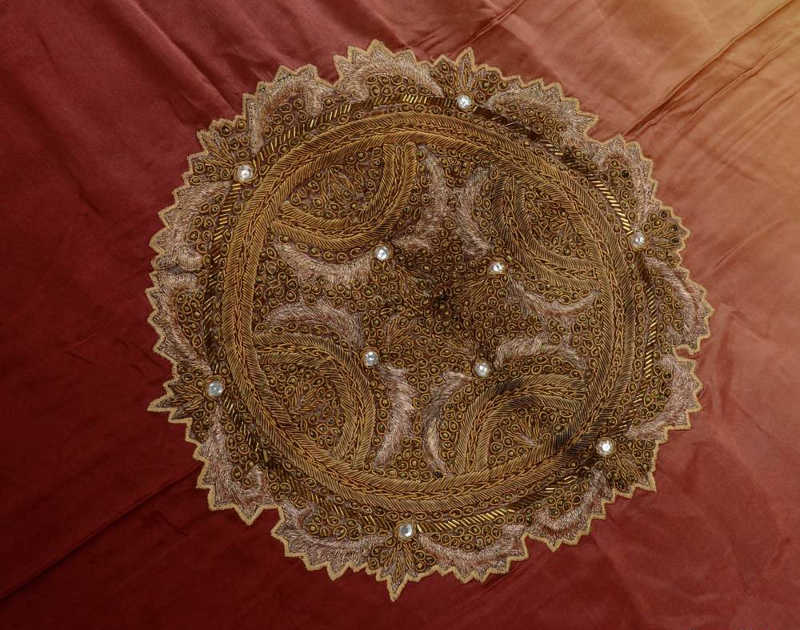===
0867,
8
===

=== |
 |
begānah : 'Strange, foreign, another, not related, not domestic, not an acquaintance or friend, alien, unknown; —stranger, foreigner'. (Platts p.210)
hunar : 'Excellence in any art; art, skill; attainment; accomplishment; ingenuity; cleverness; knowledge, science; excellence, virtue, merit'. (Platts p.1237)
āshnā : 'Acquaintance; friend; associate; intimate friend, familiar; lover, sweetheart; paramour; mistress, concubine'. (Platts p.57)
FWP:
SETS
MOTIFS
NAMES
TERMS == OPPOSITIONJust to offer another perspective, here's an observer describing Shakespears's Cleopatra (Antony and Cleopatra, Act II, scene 2):
'Age cannot wither her, nor custom stale
Her infinite variety: other women cloy
The appetites they feed: but she makes hungry
Where most she satisfies; for vilest things
Become themselves in her...'So possibly the beloved's 'skill' is similar: she's not unknowing (that is, cruel or indifferent, refusing to recognize her faithful lover); rather, she's unknown and even unknowable, and thus endlessly fascinating; the speaker might be admiring this quality or art or skill, rather than speaking sarcastically.
I don't know why SRF restricts the 'opposition' with begānah to the case in which āshnā means 'beloved'; to me it seems that the dichotomies of unfamiliar/familiar or unacquainted/acquainted or stranger/friend work equally well.
Note for grammar fans: We could also read mile barsoñ as a third-person singular future subjunctive ('she might/would meet'). In the context of the verse, reading it as a first-person plural perfect seems a bit more suitable, but neither reading can be ruled out. In this verse, it doesn't seem to make much difference.